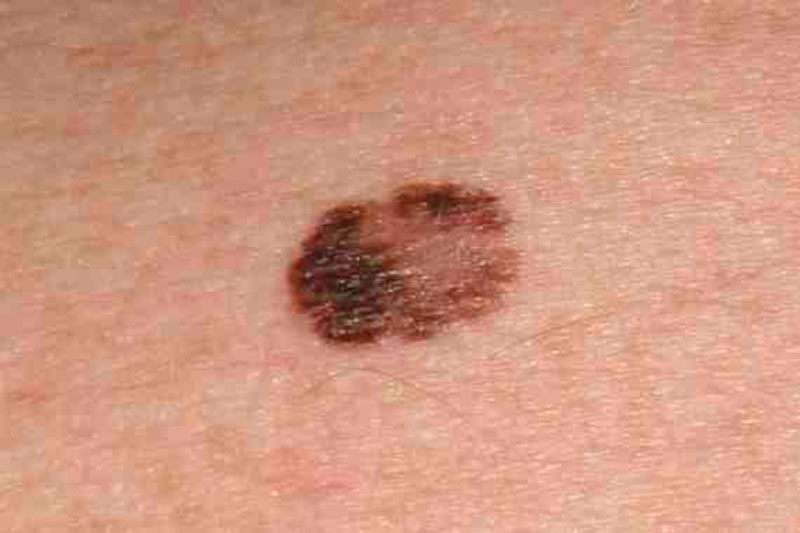Fat Cells Play Role In Making Melanoma (Skin Cancer) More Aggressive and Metastatic
Source:Thailand Medical News Jul 25, 2019 5 years, 9 months, 1 day, 20 hours, 10 minutes ago
Melanoma is the most dangerous type of skin cancer. Statistical data show that in 2018, 6.2 million people were diagnosed with it and about 82, 650 people died from it. Australia and New Zealand have the highest rates of melanoma in the world and also high rates are seen in North America and Northern Europe. Melanoma is more common in men than in women , and affects mostly white communities. Of late, the incidences of melanoma is also beginning to raise among Eastern Asian communities ie Chinese, Koreans and Japanese with even Thailand reporting an increase in the number of cases over the last 5 years.For years medical professionals were baffled as to how in about 5 percent of all cases, the cancer sometimes turn aggressive over a very short time and spreads, resulting in rapid deaths of patients.

A recent study by Tel Aviv University have revealed that fat cells are involved in the transformation that melanoma cells undergo from cancer cells of limited growth in the epidermis to lethal metastatic cells attacking an individual's vital organs.
Professor Carmit Levy, lead researcher commented in an interview with Thailand Medical News,
"We have solved a major question that has preoccupied scientists for decades, what makes melanoma change form, turning aggressive and metastatic? Locked in the skin's outer layer, the epidermis, melanoma is curable; it is still Stage 1, it has not penetrated the dermis to spread through blood vessels to other parts of the body and it can simply be extracted without further damage. Melanoma turns fatal when it 'wakes up,' sending cancer cells to the dermis layer of skin, below the epidermis, and metastasizing in vital organs. Blocking the transformation of melanoma is one of the primary targets of cancer research today, and we now know fat cells are involved in this change."
The researchers examined dozens of biopsy samples taken from melanoma patients and observed a suspicious phenomenon: fat cells near the tumor sites. The team observed fat cells transferring proteins called cytokines, which affect gene expression, to the melanoma cells.
Further experiment showed that the main effect of cytokines is to reduce the expression of a gene called miRNA211, which inhibits the expression of a melanoma receptor of TGF beta, a protein that is always present in the skin. The tumor absorbs a high concentration of TGF beta, which stimulates melanoma cells and renders them aggressive.
The researchers have also found a way to block this transformation. It was found that the process was reversible in the laboratory, removing fat cells from the melanoma, cancer cells ‘calmed down’ and stopped migrating. A trial of animal models of melanoma yielded similar results: When miRNA211 was repressed, metastases were found in other organs, while re-expressing the gene blocked metastases formation.
In the search for a potential drug based on the new discovery, the researchers experimented with therapies that are known to inhibit cytokines and TGF beta, but which have never before been used to treat melanoma, including substances that are currently being studied as possible treatments for pancreatic cancer, and are also in clinical trials for prostate, breast, ovarian and bladder cancers. It was demonstrated they restrained the metastatic process, and that the melanoma returned to its relatively 'calm' and dormant state.
/>
These findings can serve as a basis for the development of new drugs to halt the spread of melanoma, from therapies that already exist, but were never used for this purpose Future collaborations are called for with drug companies to enhance the development of the metastatic melanoma prevention approach.
Reference: Tamar Golan et al, Adipocytes sensitize melanoma cells to environmental TGF-β cues by repressing the expression of miR-211, Science Signaling (2019). DOI: 10.1126/scisignal.aav6847
